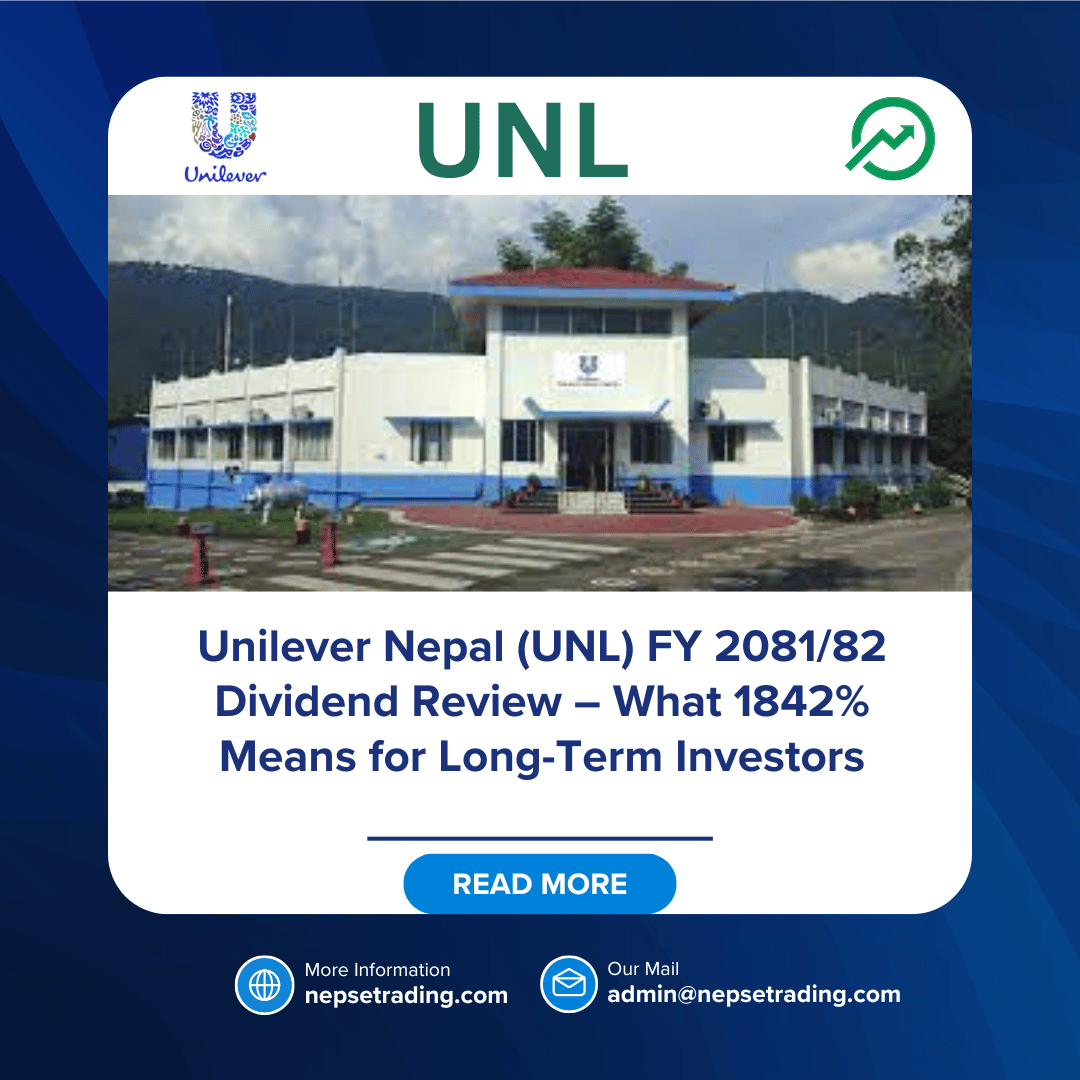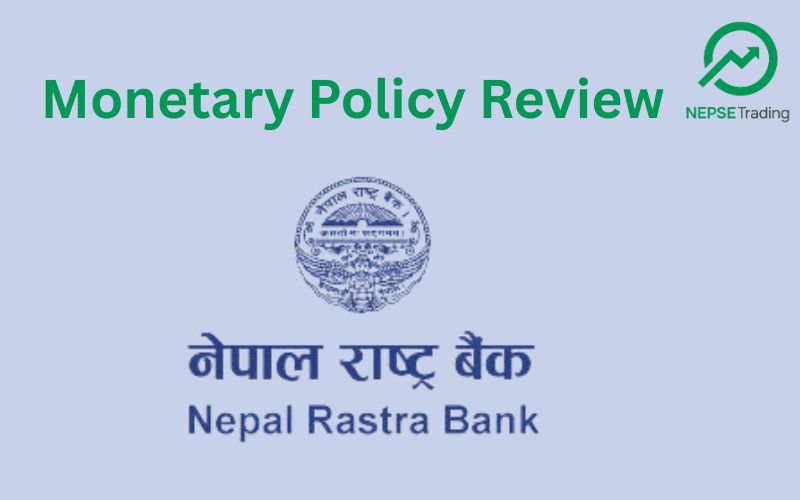By Sandeep Chaudhary
Unilever Nepal (UNL) FY 2081/82 Dividend Review – What 1842% Means for Long-Term Investors

Unilever Nepal Limited (UNL), the flagship FMCG giant of Nepal, has once again made headlines by announcing a record 1842% cash dividend for fiscal year 2081/82. This payout cements UNL’s legacy as Nepal’s most consistent, high-return, and financially disciplined company, but what does this staggering figure really mean for long-term investors?
UNL’s 1842% dividend translates to Rs. 1,842 per share on a face value of Rs. 100. While that number may sound massive, it must be understood in context: the company’s market price trades around Rs. 48,000–50,000, bringing the effective dividend yield to around 3.7–4%. The high percentage reflects UNL’s practice of keeping its face value unchanged while distributing profits in cash — a strategy that reinforces its cash-rich balance sheet and mature business model.
Over the last 13 fiscal years (2069–2082), UNL’s dividend record showcases unmatched consistency. From 680% in FY 2069/70 to 1270%, 1580%, 1714%, and now 1842%, the company has raised its payout at regular intervals. Unlike most firms that mix bonus shares with cash, UNL distributes 100% cash dividends, highlighting its strong liquidity, low reinvestment need, and stable profitability. For long-term investors, this policy ensures predictable cash returns, year after year — regardless of market volatility.
The secret to UNL’s stability lies in its business fundamentals. Operating in the consumer essentials segment, it sells trusted brands like Lux, Dove, Sunsilk, Pepsodent, Wheel, and Surf Excel, which dominate households nationwide. Its earnings are not cyclical — even in economic slowdowns, consumption remains steady. This allows UNL to maintain double-digit profit margins with minimal debt and lean operating costs. The result: consistent earnings and uninterrupted dividends.
In valuation terms, UNL trades at a P/E ratio of around 23 and a P/B ratio exceeding 8.5, with an EPS near Rs. 2,100 and a book value per share around Rs. 5,600. Investors pay this premium because they’re not just buying a share — they’re buying stability, reliability, and brand-backed assurance. The stock rarely fluctuates wildly, maintaining price stability even when the broader NEPSE index swings by hundreds of points. This is why institutional investors and conservative fund managers hold UNL as a core defensive asset.
For long-term investors, the 1842% dividend isn’t just a one-year bonus — it symbolizes continuity, trust, and enduring value creation. UNL’s payout policy indicates that it will continue rewarding shareholders generously, as long as profits remain stable. However, investors should not expect exponential capital appreciation; the company’s strength lies in steady returns and capital preservation, not rapid price growth.









